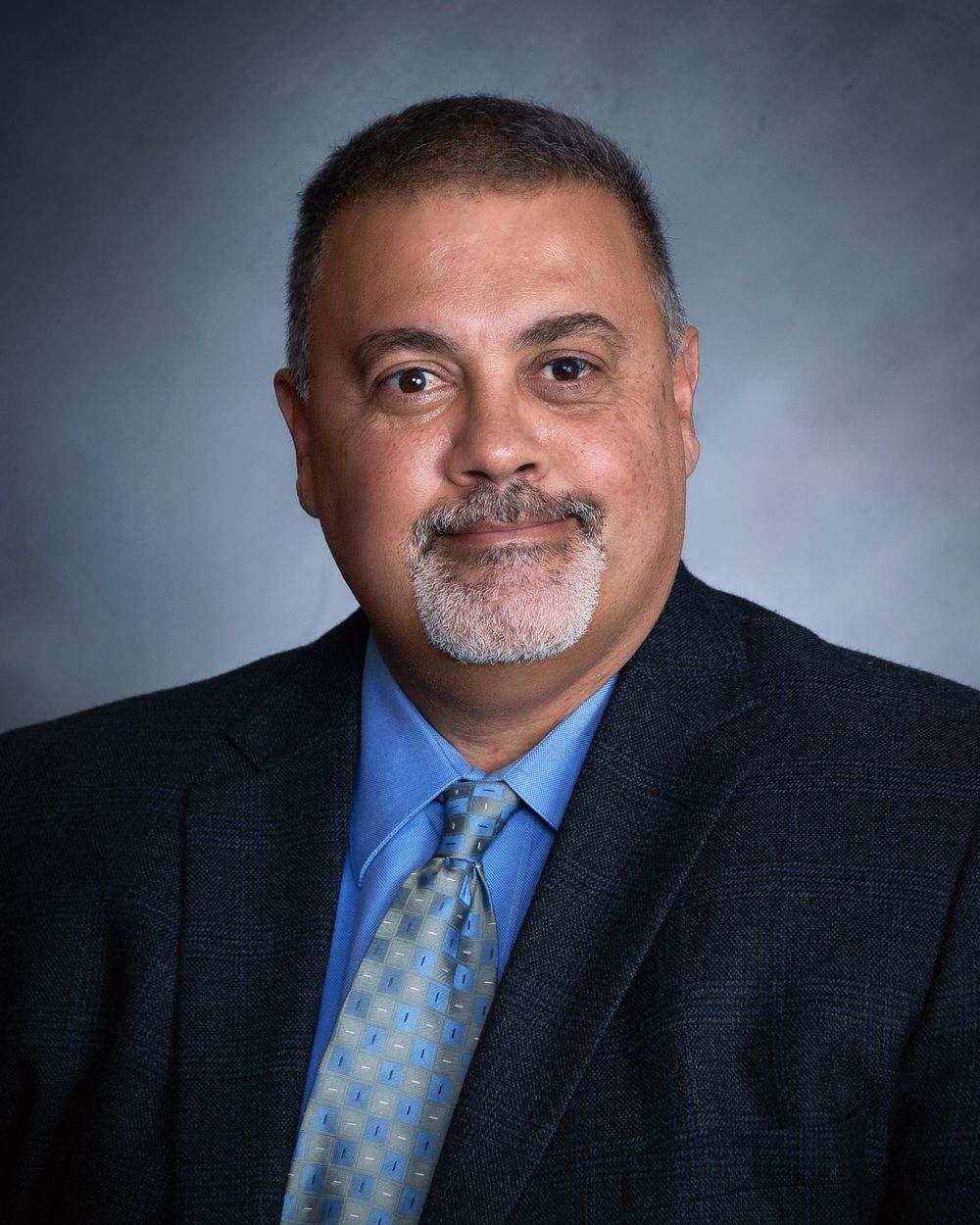
Sherief Ibrahim
Sherief Ibrahim, who graduated with his master of public health this May, has compiled research on firearm suicides that he hopes will persuade legislators who oppose gun regulation that, in some cases, it is justified and life-saving. The focus of his research is Extreme Risk Protection Orders, which allow family members or law enforcement to petition a court to temporarily remove firearms from someone at risk of suicide. Gun suicide attempts are almost always fatal; in states that allow them, ERPOs have been shown to cut suicides by up to 13%.
But firearm control in any form is an intensely political issue. Opponents of gun regulation often frame ERPOs, sometimes called “red flag laws,” as an invasive step allowing the government to seize guns from individuals. Now Pennsylvania lawmakers have introduced a bill to initiate ERPOs, and Ibrahim hopes his research will help minimize political opposition to it. He will present his research, along with advocacy group CeaseFirePA, at an April 26 meeting with state legislators in Harrisburg, Pa.
Ibrahim spent 15 years as a police officer in California, where he witnessed the results of gun violence firsthand. A student in the master of public health in health policy and management program, he chose to examine firearm suicides in Pennsylvania for a fieldwork project. In collaboration with CeaseFirePA, he aggregated county-by-county records and found per-capita suicide rates in rural counties to be double the rates of more urban counties in many cases.
Ibrahim also discovered that his map of suicide rates by county was nearly identical to a map of the state’s 2020 presidential vote. Republican-voting counties, where gun regulation generally is opposed, have higher per-capita suicide. Ibrahim hopes that legislative opponents of gun regulation from the more rural Pennsylvania counties might be persuaded to support a tool that allows families in their jurisdictions to protect loved ones.
“This has nothing to do with violence in Philadelphia. But it does have to do with the suicides that are occurring in your county,” he says. “It simply means that somebody who cares for you can take care of you for a short period of time.”
As part of his study, Ibrahim conducted an exhaustive review of prior studies on ERPOs and found that there was no evidence that they prevent firearm-related crime or homicide. “But emerging evidence is clear that it is effective in preventing firearms related suicides,” he says.
“I'm a Second Amendment proponent. I do not believe the government should be taking guns away from everybody,” he says. “But this isn’t the government coming to take away your guns. It’s a loved one.”
